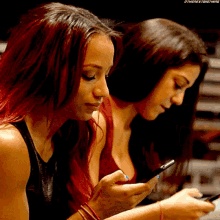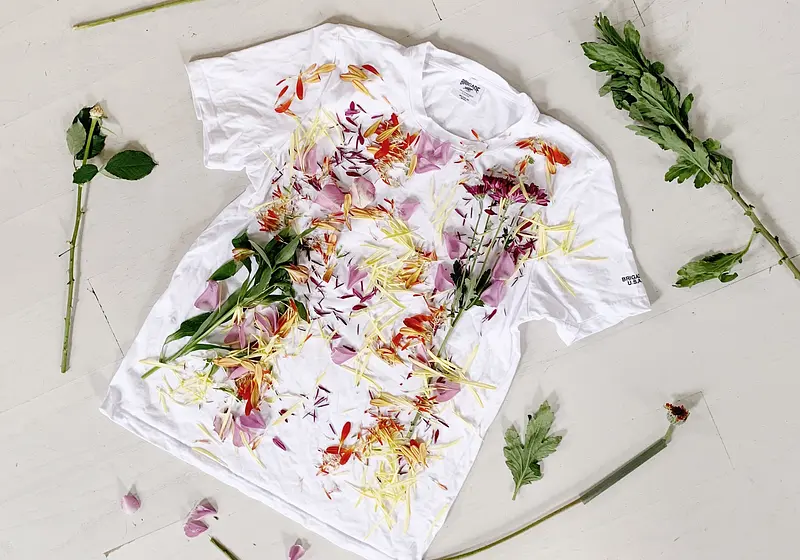The upcycling movement, which promotes revamping discarded items such as deadstock fabric into haute couture, is (finally) gaining mainstream traction. Shelly Xu's zero waste, clean-cut fashion brand Shelly Xu Designs (SXD) is the perfect embodiment of sustainable fashion, done beautifully with innovative yet timeless craftsmanship.
It is a socially and environmentally conscious fashion brand, as Shelly reveals SXD's next project 'Climate Refugees Reverse Climate Change,' which will partner with climate refugees in Bangladesh to create zero waste designs “while paying them four times the local seamstress wage.”
The Teen Magazine had the incredible opportunity to interview Shelly on the 2020 launch of SXD, on the design inspiration behind her capsule collection, and on how her Harvard student experience helped her as a young entrepreneur en route to becoming the founder of her own company.
Let us slide into your dms 🥰
Get notified of top trending articles like this one every week! (we won't spam you)“Creativity Under Constraint”: The Creation of Shelly Xu Designs
SXD is minimalist fashion at its finest in the sense that it's both environmentally conscious in its production, packaging, and consumption, as well as motivated in creating contemporary, body-positive, functional clothing using minimum resources; hence, “beauty under constraints.” Providing some background history, Shelly was inspired by her childhood, growing up in a 70 sq ft home and having to rearrange the furniture to accommodate her family's day-to-day living.
That was how I learned about creativity under constraint — finding beauty in a room full of limits. It's my guiding principle as a creator because I believe that the best designs let beauty flourish while acknowledging the resource constraints of our planet.
SXD follows circular economical practices that promote designing clothing by “unwasting” reusable material, such as deadstock or remnant fabric, in order to have a positive impact on our environment versus contributing 1kg of waste to our natural surroundings through fast fashion choices. SXD minimizes both inventory waste since production starts only after confirmation of the pre-order of the designs, and packaging waste since the boxes are made of “high-quality, reusable” material.
Shelly is the sole designer of all of SXD's designs, and works with engineers to ensure that “the designs not only have zero fabric waste but are also extremely efficient for later production.” Since this is a startup company, Shelly is currently manufacturing SXD's capsule collection from her dorm room and through local seamstresses, allowing them to work after being hard-hit by the COVID-19 pandemic.

Take the Quiz: Which Squid Game Player Are You?
Ever wondered which player you’d be if you found yourself in the Squid Game universe? Take this quiz to find out which character matches your perso...
Making Sustainable Clothing “the Teslas of Fashion”
Shelly's capsule collection is limited on purpose, as she is creating clothing that is iconic, no matter how many times you wear it. We are all homebound because of the ongoing pandemic and our current 'sweatpants and hoodies' phase may make designer clothing an unlikely fashion choice. However, SXD's designs are incredibly versatile, combining comfort with style, “from bed to Zoom.”
The collection features Shelly's unique designs, like the Modern Kimono, which she describes as the “OG zero waste garment,” and the onesie jumpsuit. These are inspired by time and how fleeting it is due to the catastrophic impact of climate change.
For this collection, I wanted to go back, take beautiful parts of our past, and recombine them to create original silhouettes that are purely zero waste and that can make our future better
Shelly mentions how sustainable, ethical, or “clean” fashion comes with its compromises such as a generic design and a high price, which makes fast fashion the cheaper, yet unethical alternative. Fast fashion items are also viewed as “throwaway products,” and contribute to landfill waste as consumers upgrade their wardrobe every season.
Shelly studied sustainable development as an undergraduate and one of the lessons she learned was that people are well-aware of how “fashion contributes to water waste, ocean plastic, and carbon emissions. It's finding the right solution that's hard.”
I envision a world where our zero waste designs are so easy and desirable that it's a no-brainer to adopt. I envision a world where “buying clothes” naturally means buying something that's also good for our planet. As a clothing brand, I have to think about what is the right price that maximizes accessibility and drives the right behavior.”
On Entrepreneurship and Being A Social Impact Innovator
On her biggest takeaways from launching her own company, Shelly tells us to “Be smart when you lose.” She stresses the importance of learning from the setbacks on her journey as an entrepreneur, such as SXD being the first fashion team to be a finalist at Harvard's President's Innovation Challenge but ultimately, not winning. Despite this, she pushed through the disappointment and contacted one of the winners, and is now an advisor for her company!
Shelly is pursuing her MBA at the Harvard Business School and since “SXD is interdisciplinary, I have been lucky enough to tap into many parts of the Harvard ecosystem,” such as having the support of undergraduates at Harvard College where she is a non-resident tutor or working with students from different Harvard schools at the Harvard Innovation Lab.
Shelly is also a part of various entrepreneurial and social impact programs at Harvard as well:
SXD is a part of the Rock Accelerator at Harvard Business School, so we receive both funding and experienced mentorship. I'm also a Cheng Fellow at the Social Innovation + Change Imitative at the Harvard Kennedy School, where I got to learn from an incredible team about creating systemic social change as a social impact innovator.
Here is her well-seasoned advice for young entrepreneurs looking to create their own startups in the future:
Know what you are good at and play to your strength. As a teenager, you might feel like you have to be good at everything as a “well-rounded” student. That does help you with college admissions, but what will really help you as an entrepreneur is leaning into what you are good at and love doing, then bring in people who are great at other things to fill the gaps.

















_(2).jpg)
